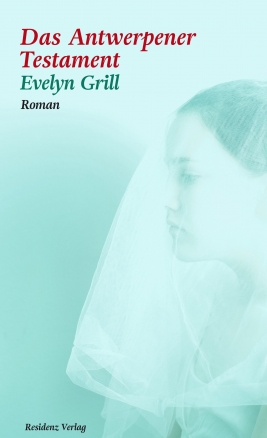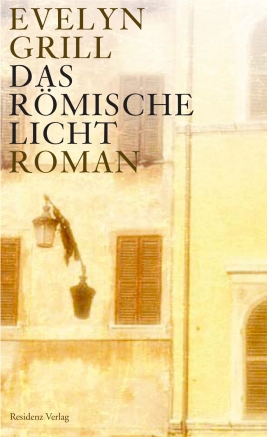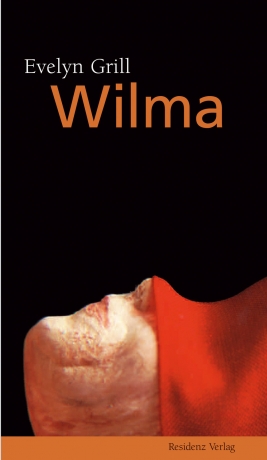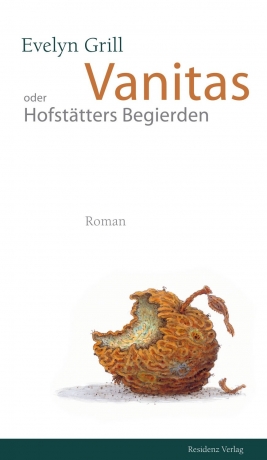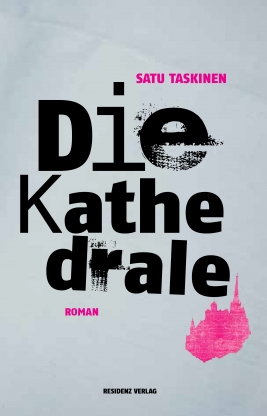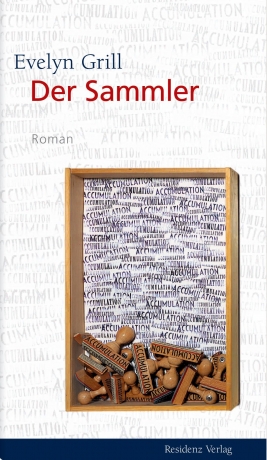
Evelyn Grill - The Collector
Novel
Sammeln als Besessenheit: die berührende Geschichte eines „Messie“ im Widerstand gegen die Wegwerfgesellschaft.
Collecting as an obsession: the touching story of a junkaholic defying throwaway society. Alfred Irgang is a collector. However, he does not collect stamps or antiques, but simply anything that he comes across: old newspapers, false teeth that are as good as new, and other things that naïve members of the throwaway society surrender to the garbage collection. Accordingly, his apartment and various cellar compartments are remarkably filled to the brim, which in turn leads to considerable difficulties with the property managers, which, on the other hand, does not keep him from his hunt for treasures. Does not a lady’s corsage have as much of a story to tell as a Biedermeier davenport? At the regular’s table, where a group of scientists and art lovers meet, the collector likes to present his treasures but naturally meets little appreciation. When after an “occupational accident” he is confined to a hospital bed, the regulars see their chance to force their blessings on him …. It is with subtle irony that Evelyn Grill tells of a society that considers itself to be good, while the motto “to live and let live” is buried by the insatiable desire to usurp a maladjusted person.
Book details
240 pagesformat:110 x 190
ISBN: 9783701714421
Release date: 01.02.2006
License rights
- World rights available









